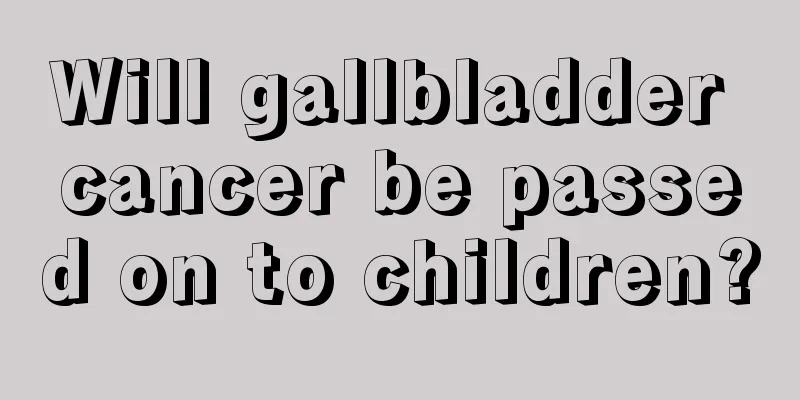Is chemotherapy needed after surgery for advanced lung cancer?

|
Lung cancer is a malignant tumor that occurs in the lungs. Lung cancer in the middle and late stages means that the primary lesion of lung cancer is relatively large and invades the pleura, causing chest pain, chest tightness and other symptoms. It can also metastasize to the brain, liver, adrenal glands, bones and other parts, causing clinical manifestations such as bone pain, ascites, and jaundice. Lung cancer in the middle and late stages generally requires chemotherapy after surgery to prolong the patient's survival and improve the patient's quality of life. Lung cancer is a highly malignant disease. In the middle and late stages of lung cancer, the lesions are generally larger, and local infiltration and spread may occur. Surgical treatment generally cannot be radical. Therefore, after surgical treatment, in order to further kill cancer cells, systemic chemotherapy is usually required. Chemotherapy drugs are delivered to all parts of the body through intravenous infusion, which helps reduce the chance of tumor recurrence and metastasis, relieve patient symptoms and prolong survival. Commonly used drugs for lung cancer chemotherapy include carboplatin injection, cisplatin injection, etoposide injection, pemetrexed disodium injection, etc. The above drugs must be used under the guidance of a physician. Lung cancer is a highly malignant disease. In the middle and late stages of lung cancer, the lesions are generally larger, and local infiltration and spread may occur. Surgical treatment generally cannot be radical. Therefore, after surgical treatment, in order to further kill cancer cells, systemic chemotherapy is usually required. Chemotherapy drugs are delivered to all parts of the body through intravenous infusion, which helps reduce the chance of tumor recurrence and metastasis, relieve patient symptoms and prolong survival. Commonly used drugs for lung cancer chemotherapy include carboplatin injection, cisplatin injection, etoposide injection, pemetrexed disodium injection, etc. The above drugs must be used under the guidance of a physician. Even in the early stages of lung cancer, when the cancer lesions are relatively localized, chemotherapy is recommended to control the progression of the disease after surgery in order to reduce the chance of recurrence. In addition to chemotherapy, other adjuvant treatments can be given to patients in the middle and late stages of lung cancer according to the condition. If the patient has a gene mutation, targeted drug therapy can be considered; if there is no gene mutation, chemotherapy combined with immunotherapy, radiotherapy, etc. can be considered. It depends on the patient's condition. Patients must insist on cooperating with doctors to take treatment, and they also need to go to the hospital for regular checkups after surgery to observe the treatment of the disease and to detect signs of recurrence early. |
>>: What symptoms indicate colon cancer
Recommend
What's wrong with my teeth that don't work when eating?
The other teeth themselves are not in good condit...
How big is the fetus at 56 days of pregnancy?
On the 56th day of pregnancy, it is still in the ...
Reminder! How to prevent brain cancer
In recent years, brain cancer has become one of t...
What to do when you have a lot of work pressure
If the work pressure is too great but you do not ...
Is the renal artery stent lifelong?
Most people will follow the doctor's advice a...
What are the hazards of cervical vascular plaques
Some friends will find that there are blood clots...
Where do water chestnuts grow
Water chestnut is an edible plant. You may not be...
You need to know the effects and functions of frankincense
Frankincense is one of the common Chinese medicin...
The role of fluoride toothpaste
Currently, the toothpastes we use in our lives al...
What does stage three liver cancer mean?
Stage III liver cancer means that the malignant t...
How to choose contact lens prescription?
When I walked into the campus and looked up, I sa...
How to make thin hair thick
Everyone's hair growth is different. Some peo...
Are there any taboos in growing hibiscus at home?
Hibiscus is a very beautiful plant. We can see hi...
What should I eat more for hyperthyroidism
Patients with hyperthyroidism need to pay great a...
Which hospital is best for treating pancreatic cancer
Pancreatic cancer is a common disease in our live...









